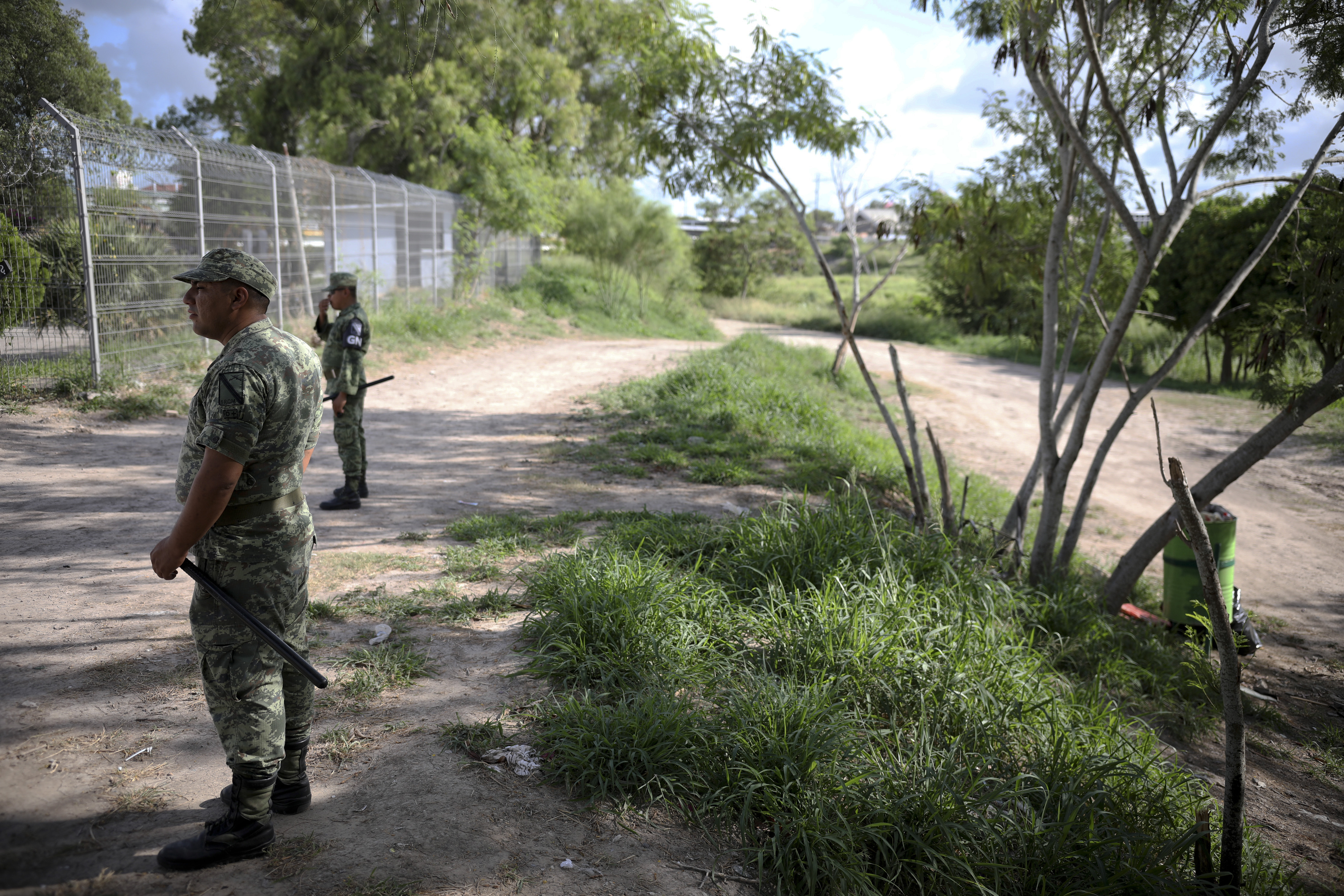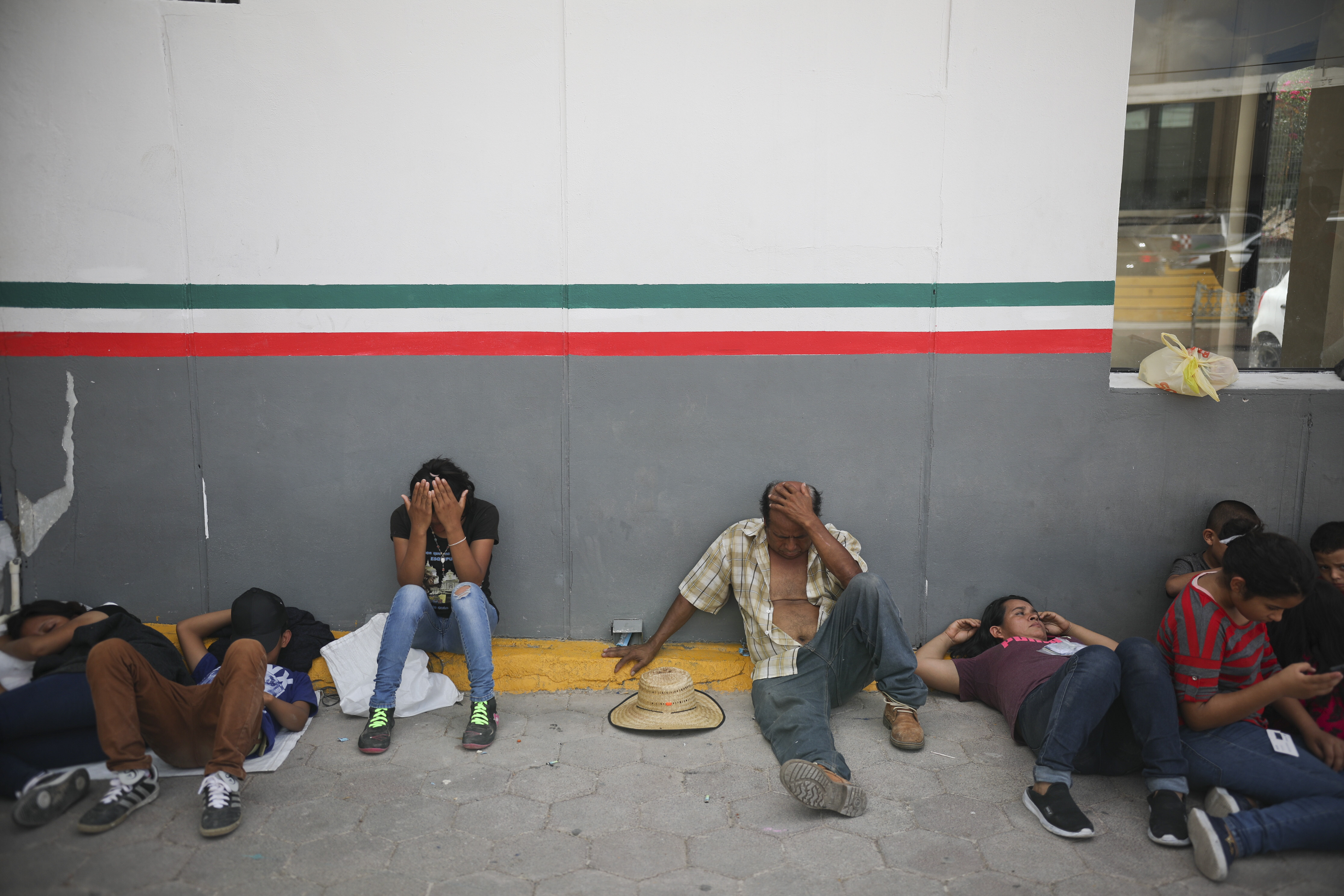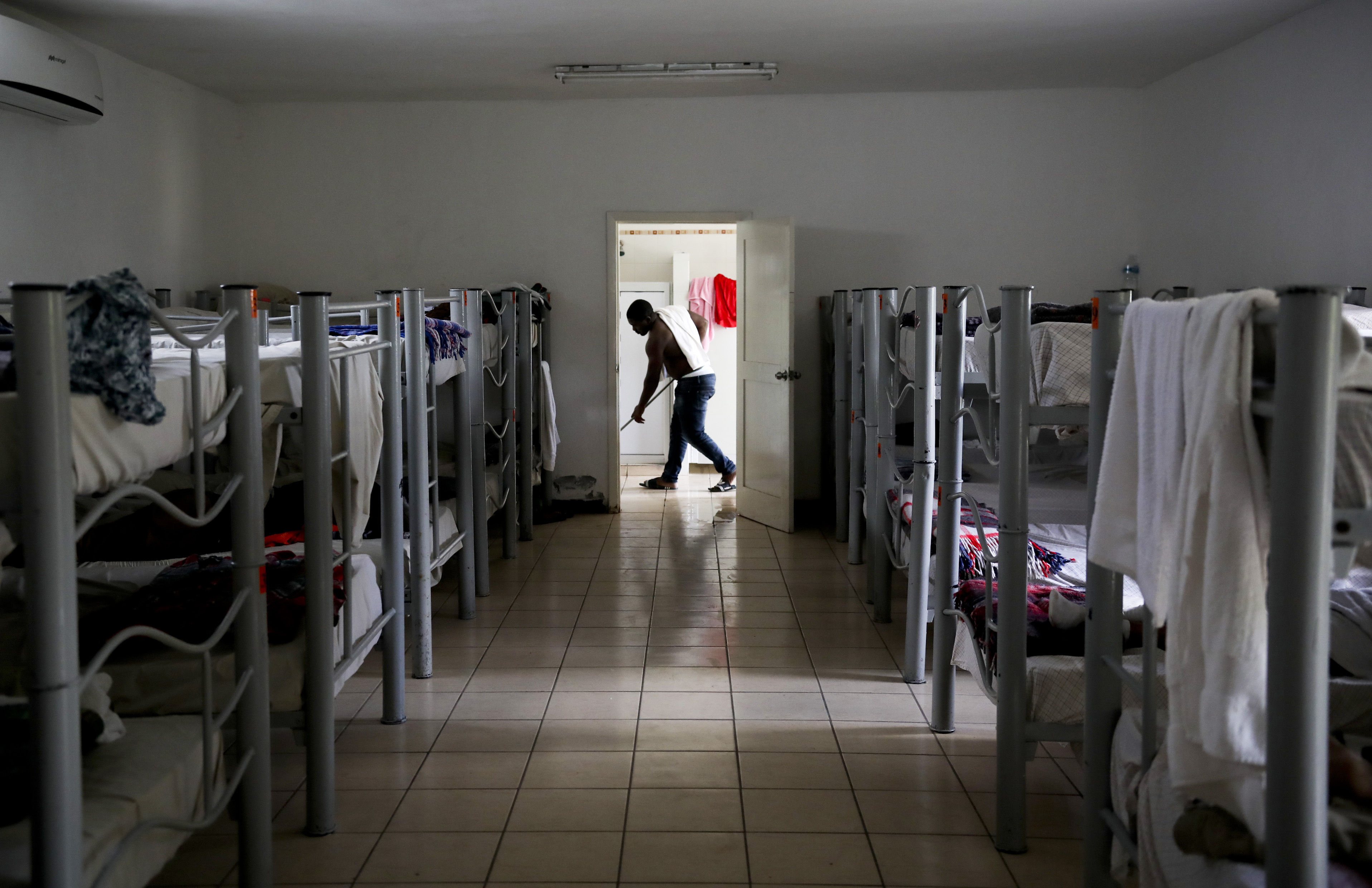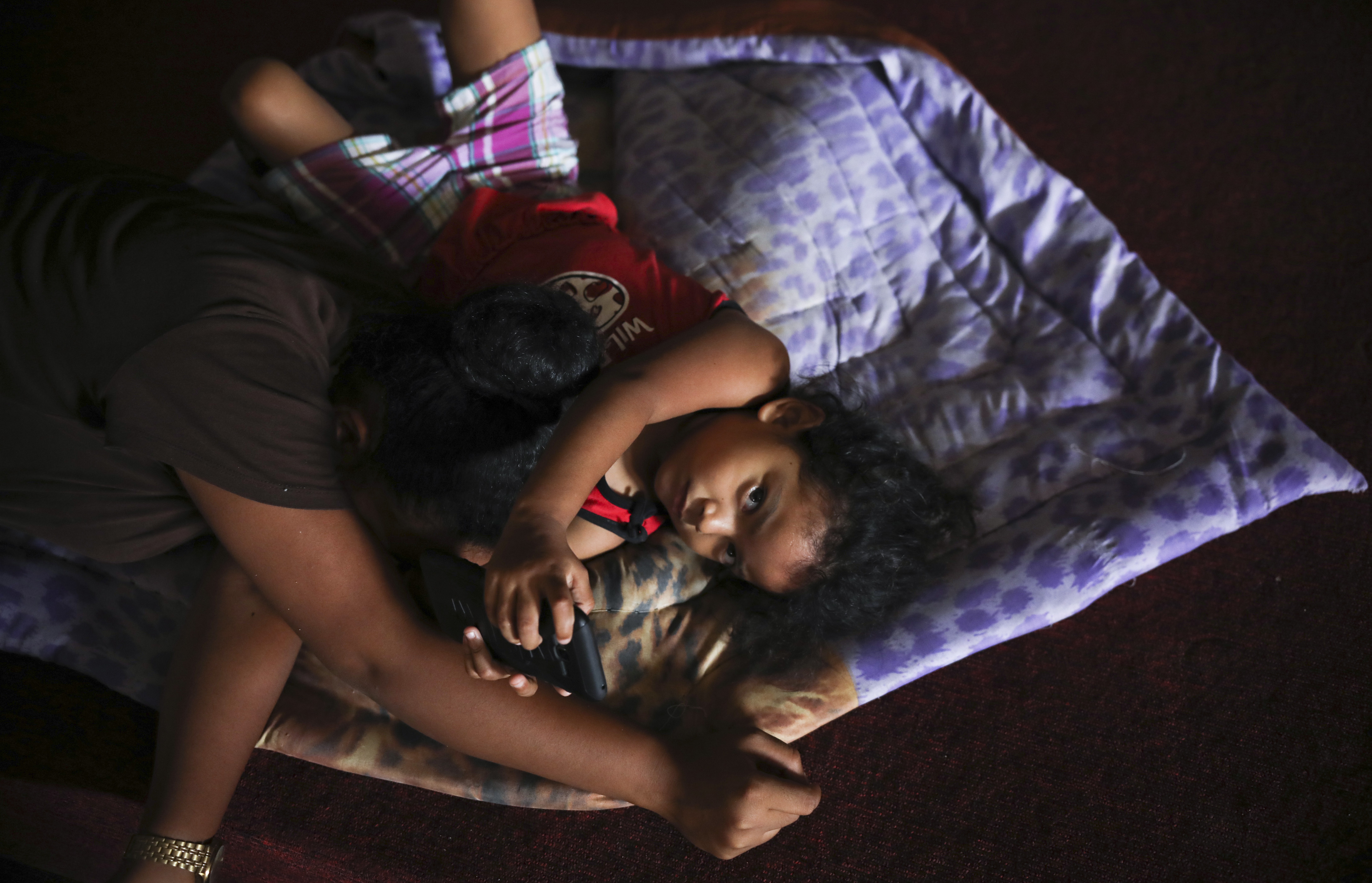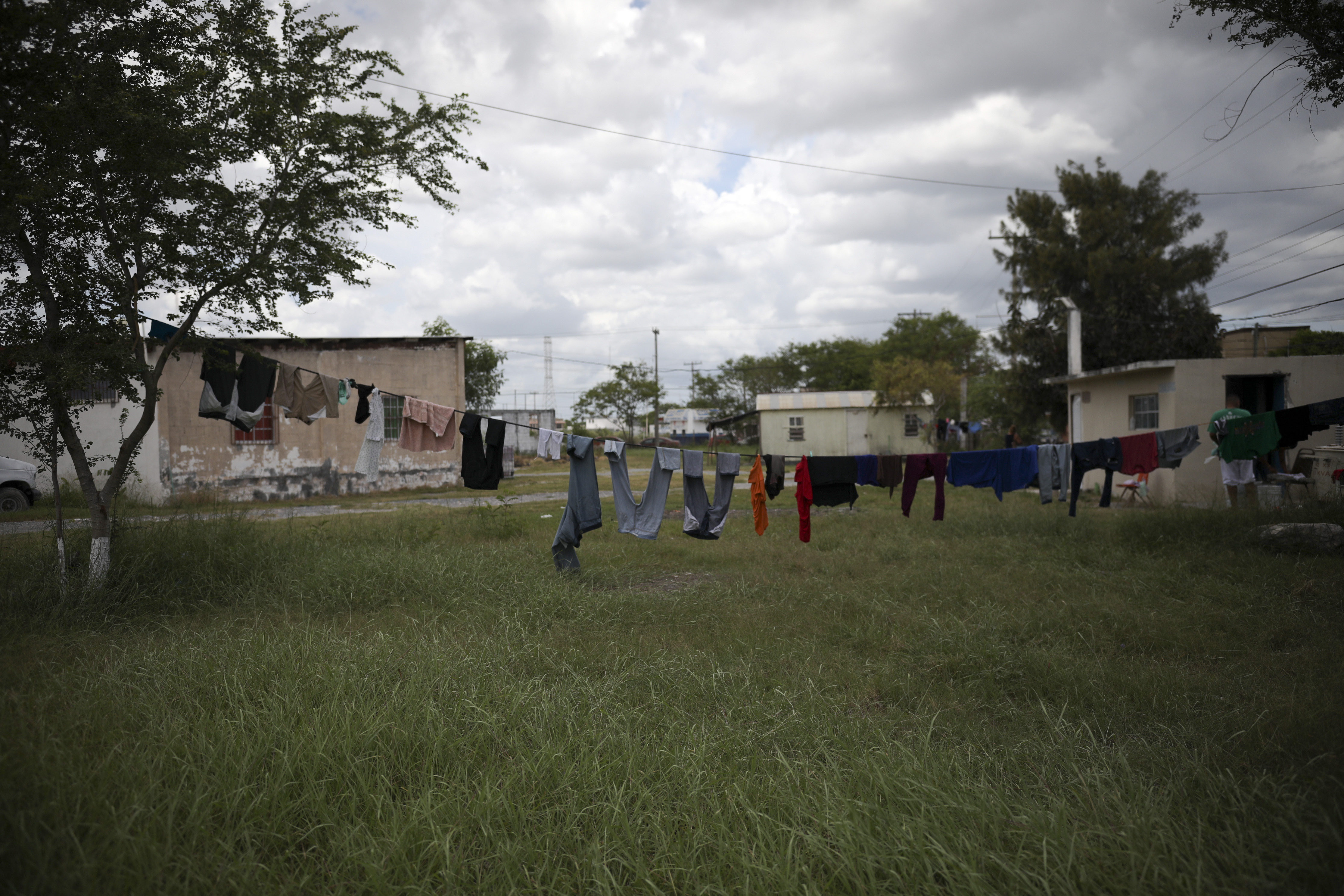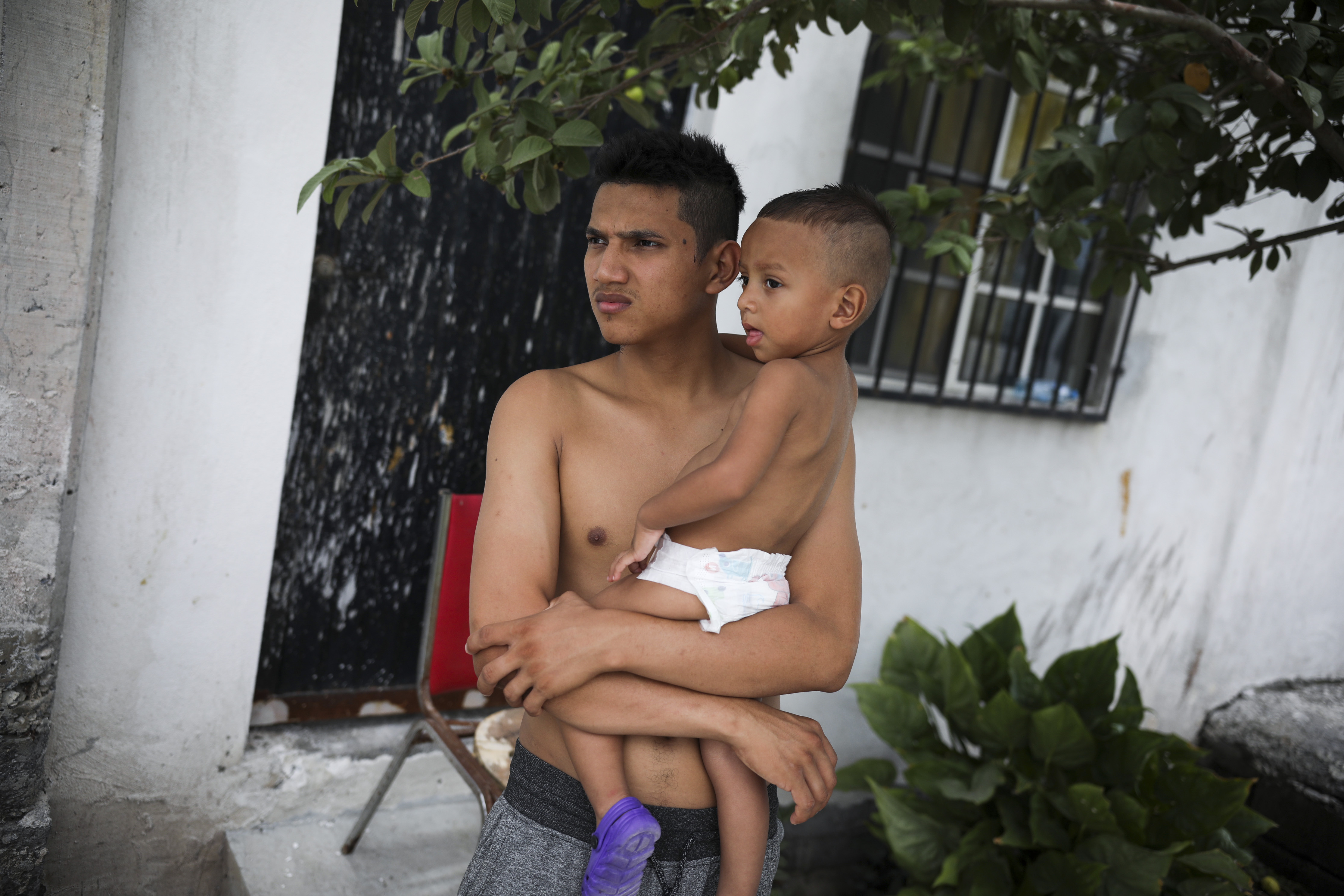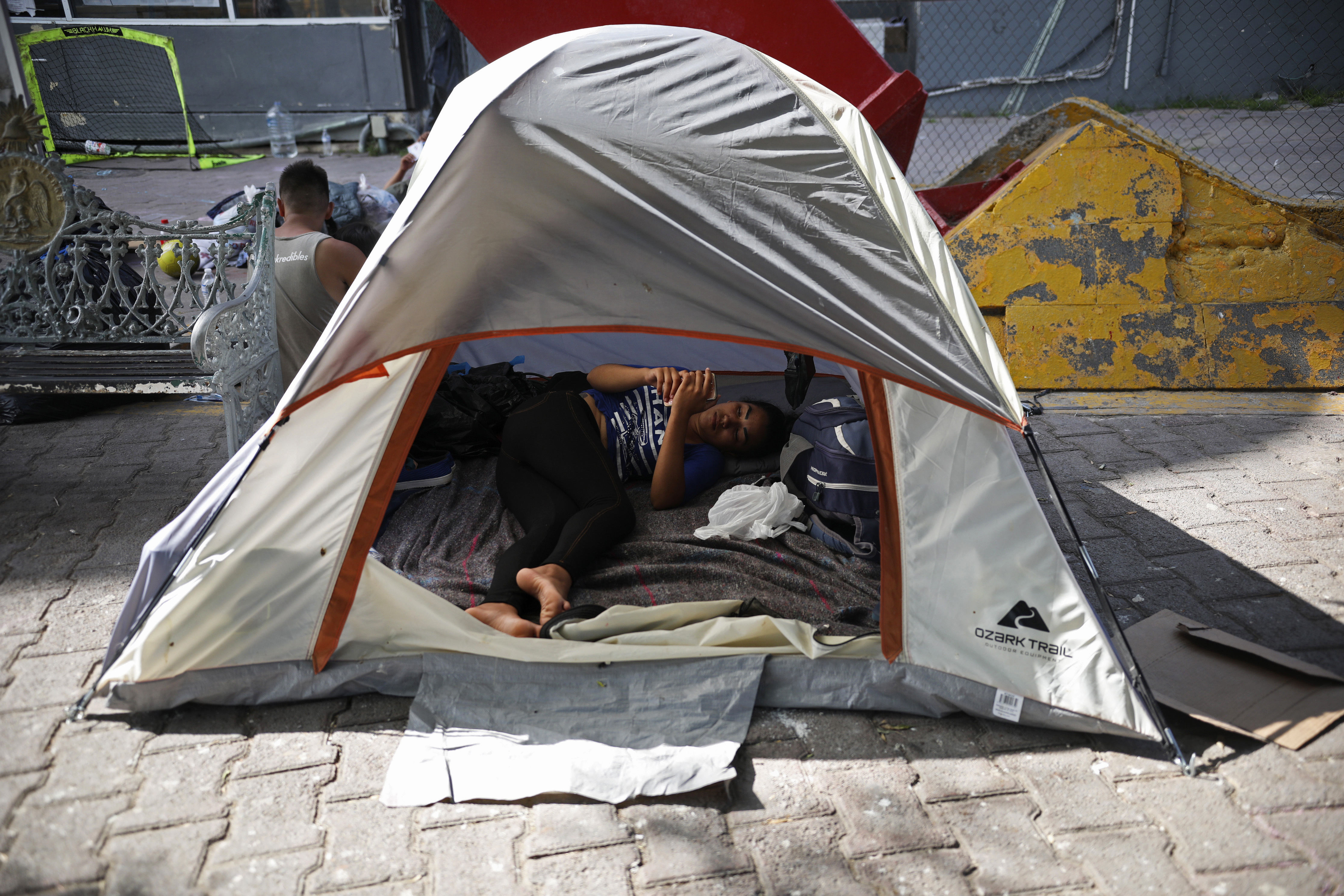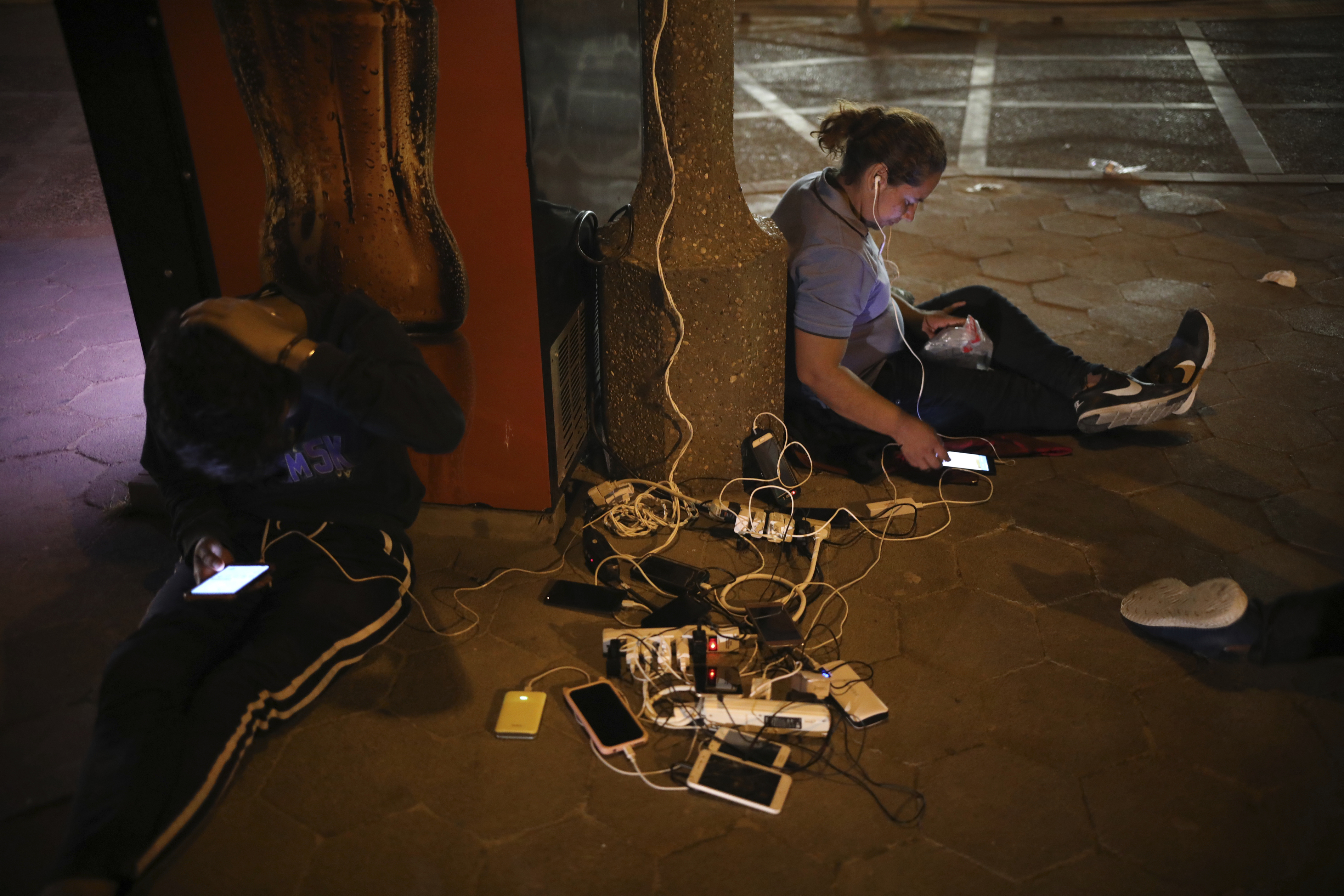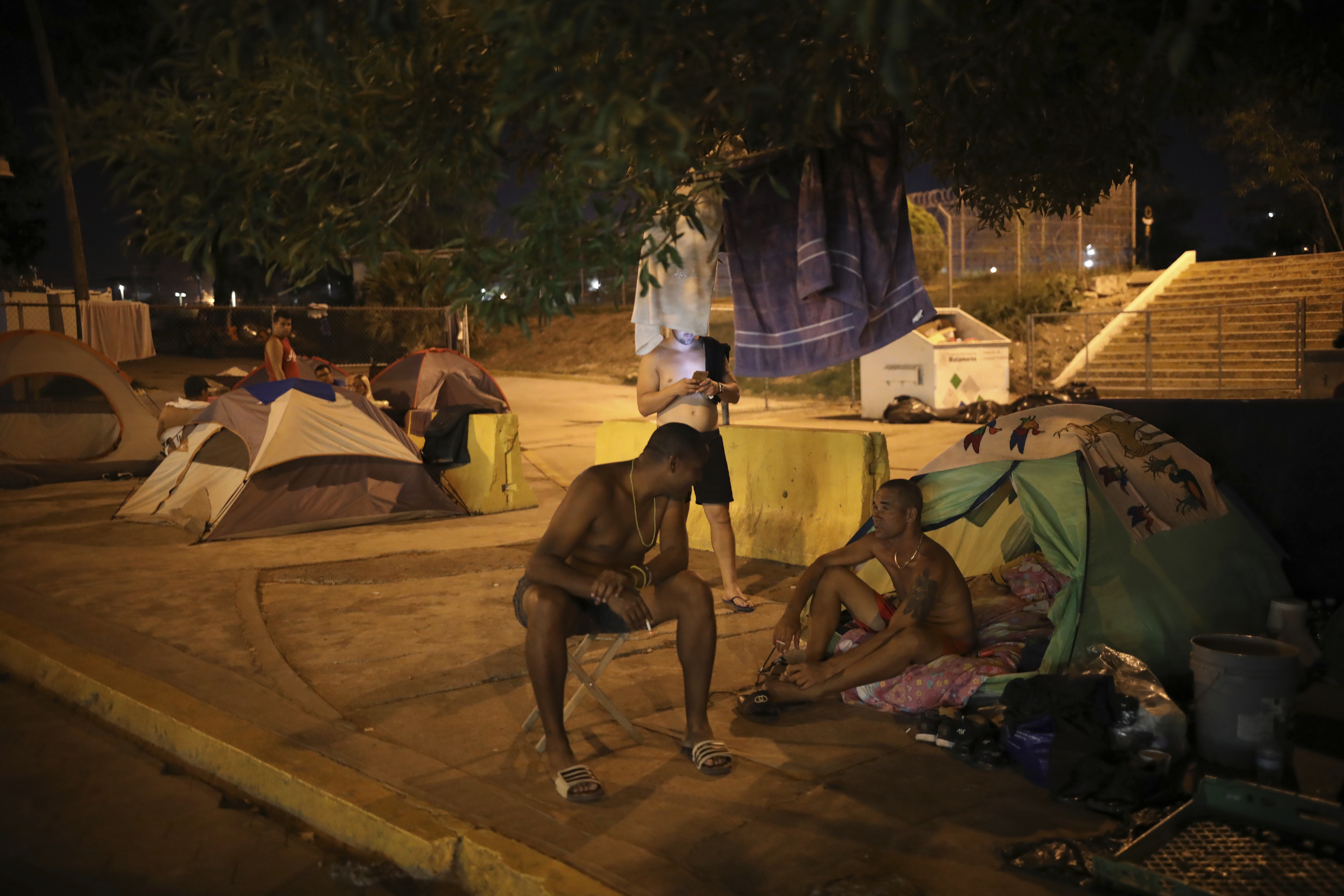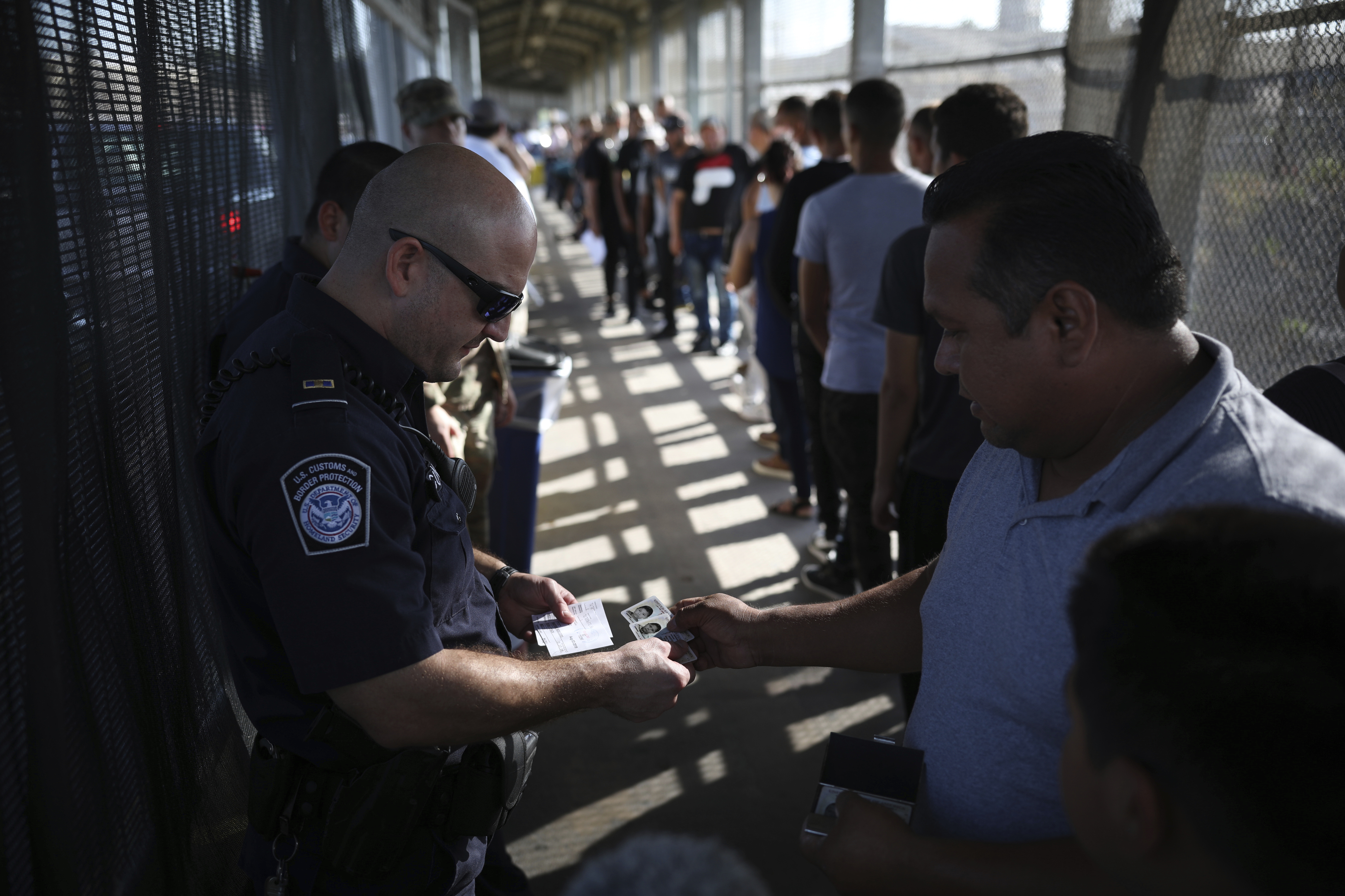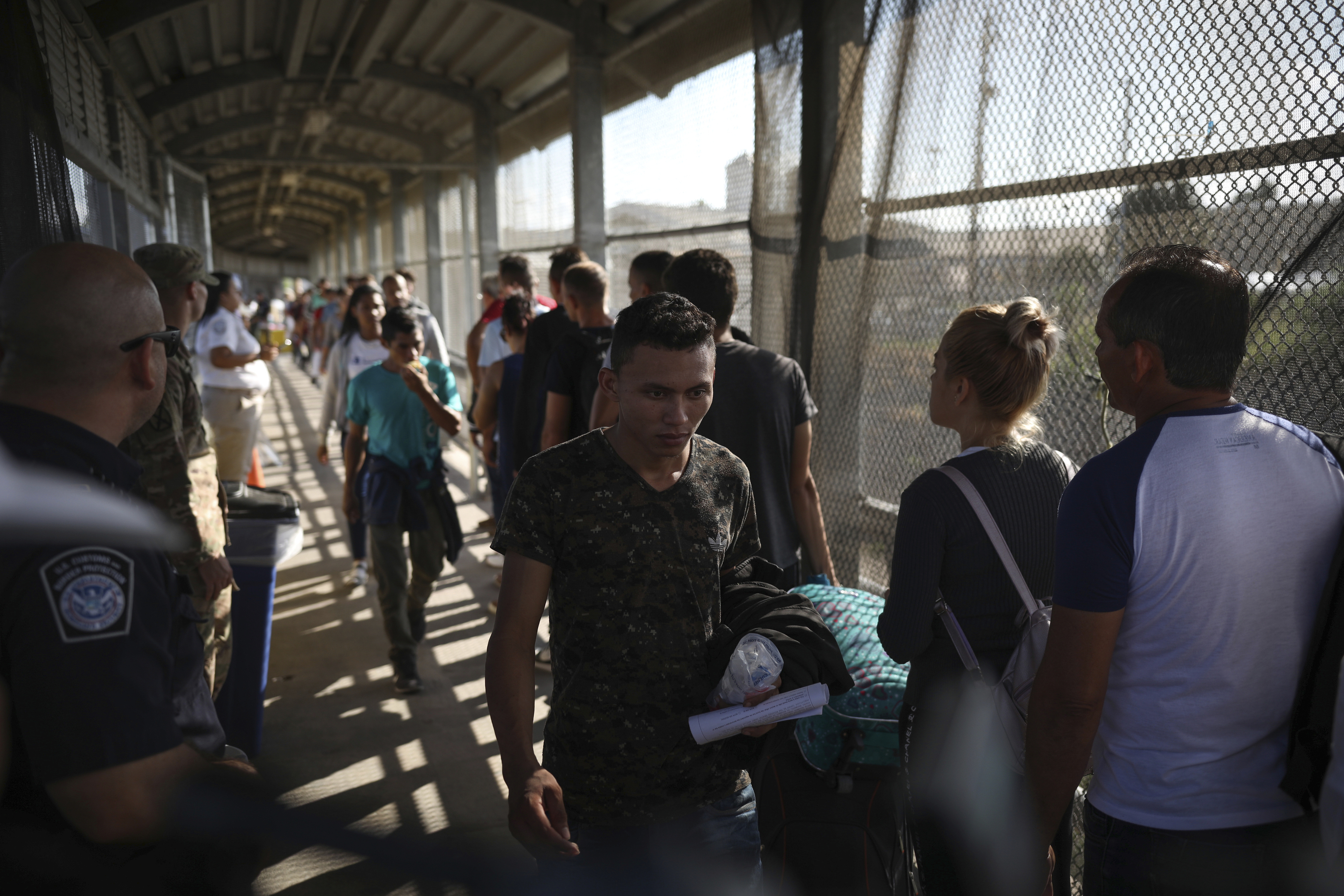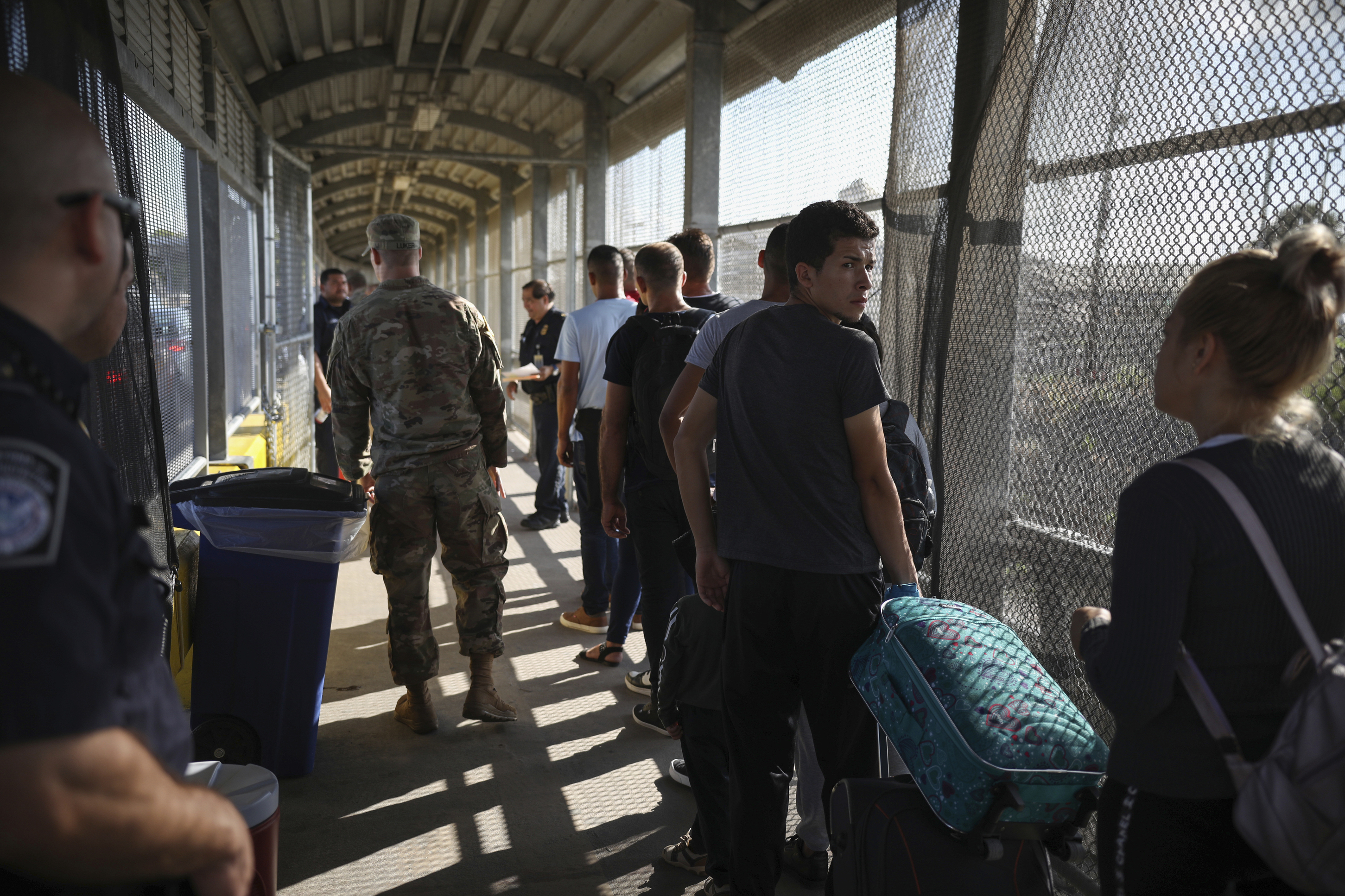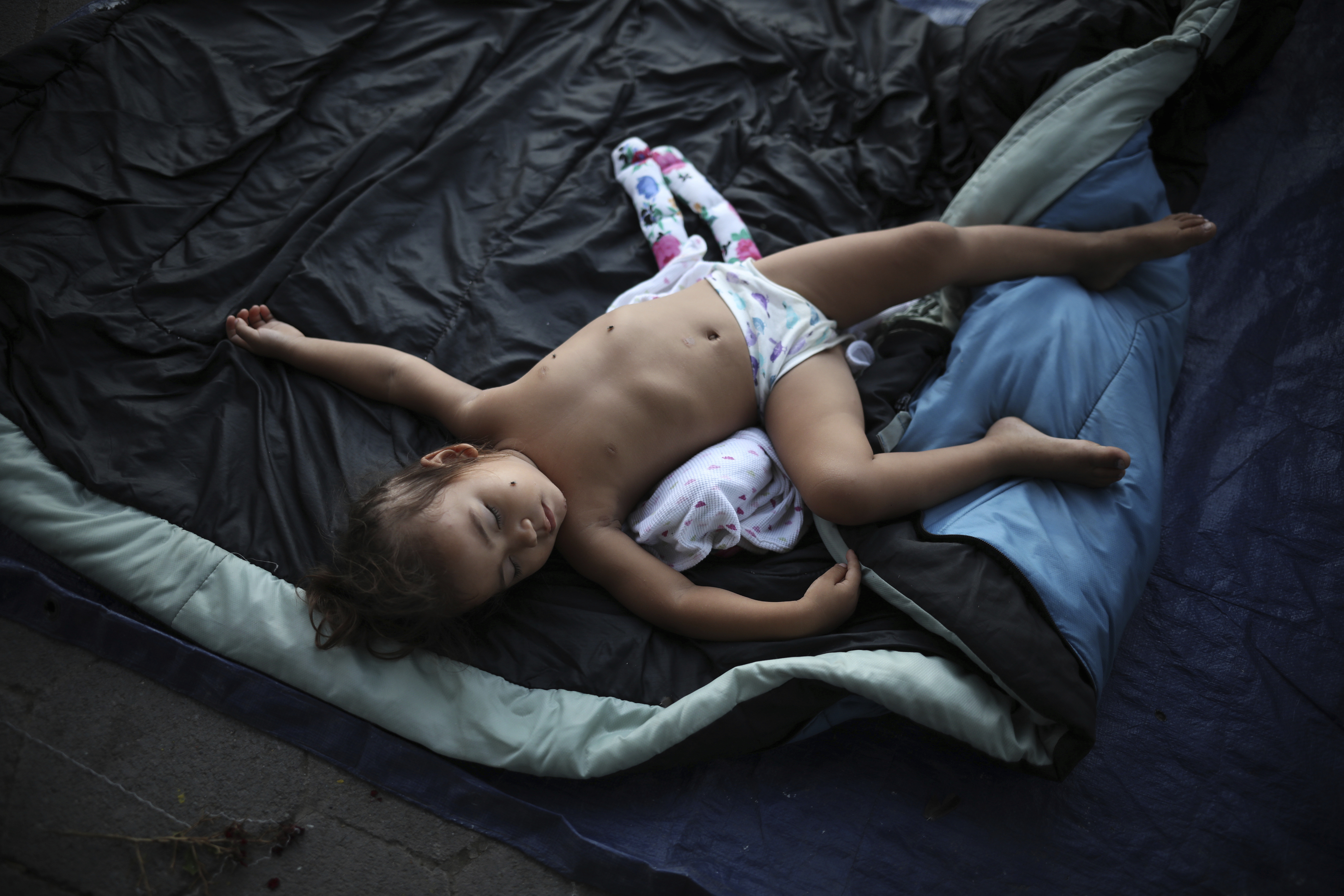Disumanità tra Texas e Messico
«Noi vescovi della frontiera tra Texas e Messico, riuniti a Matamoros (Tamaulipas, Messico), dal 30 agosto al 1° settembre, ribadiamo di essere a favore della vita, della dignità e dei diritti di tutte le persone. Per questo non possiamo fare a meno di manifestare la nostra preoccupazione per la situazione di diseguaglianza, violenza e povertà che spinge molti a lasciare la propria terra, mentre nel loro cammino affrontano qualsiasi tipo di pericolo, in mezzo a un grande abbandono». Inizia così la dichiarazione comune diffusa dai vescovi texani e messicani e riportatta sul sito Ceinews. .
La nota è firmata dai vescovi delle diocesi di Matamoros, Nuevo Laredo, Ciudad Juarez, Saltillo, Piedras Negras, Nuevo Casas Grandes, Linares (Messico) e Brownsville, San Antonio San Angelo, El Paso, Laredo (Texas, Usa). «Ci rattrista che molti trovino rifiuto quando chiedono asilo o patiscono l’incertezza di un processo eccessivamente lungo e in condizioni di insicurezza, senza garanzie di protezione.
Ci addolora il dramma delle famiglie che vengono separate e dell’inumana reclusione che molti patiscono nei centri di detenzione. Ci rattrista la crescita del razzismo, dell’odio e della discriminazione e che i migranti siano considerati indistintamente come invasori e criminali. Ci ferisce il dramma che patiscono i deportati che vedono troncarsi i loro sogni, sforzi e sacrifici e che tornano senza soldi e con debiti contratti in condizioni pericolose. Ci riempie di lutto che molti, in cerca di un futuro migliore, abbiano perso la vita».
I vescovi frontalieri manifestano l’intenzione di continuare a difendere “i diritti umani dei poveri e dei migranti, in particolare di bambini e adolescenti”, insistendo con i Governi di Usa, Messico, Canada, America Centrale e Caribe sull’urgente necessità di «creare un’area geografica che abbia le condizioni per offrire a tutti la possibilità di uno sviluppo integrale e di una vita degna e in pace». La nota si conclude con la promessa di proseguire a unire gli sforzi e a prestare soccorso ai migranti.
Foto Ap
